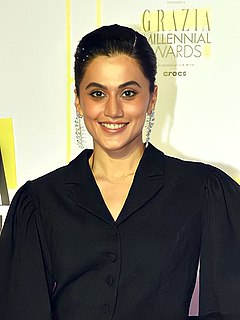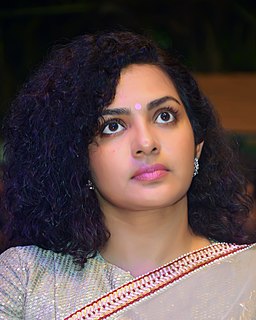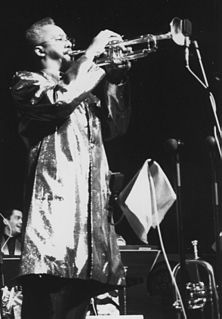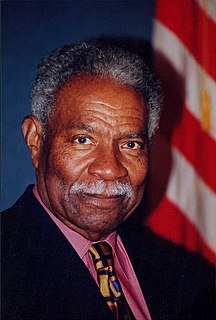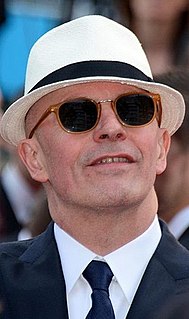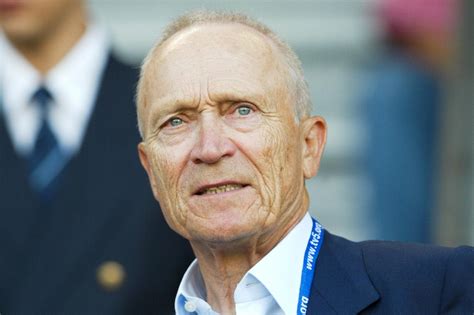A Quote by Joel Edgerton
In Australia, there aren't a lot of people committed to art, so these communities form that are dedicated to music, theater, cinema, but they're very small. So, they tend to move ahead on the power of collaboration, enthusiasm and creativity.
Related Quotes
Cinema is a kind of pan-art. It can use, incorporate, engulf virtually any other art: the novel, poetry, theater, painting, sculpture, dance, music, architecture. Unlike opera, which is a (virtually) frozen art form, the cinema is and has been a fruitfully conservative medium of ideas and styles of emotions.
Narrative, fiction filmmaking is the culmination of several art forms: theater, art history, architecture. Whereas doc filmmaking is more pure cinema, like cinema verité is film in its purest form. You're taking random images and creating meaning out of random images, telling a story, getting meaning, capturing something that's real, that's really happening, and render this celluloid sculpture of this real thing. That's what really separates the power of doc filmmaking from fiction.
Restoration is to some extent part of the digital age. These days, if you re-issue a movie in theaters or on Blu-ray, it has to be in high-quality condition: You have to restore. We plan a Paris cinema theater dedicated totally to classics. If we think there's an audience, we will release classics in theaters. People will discover that it's worth going to the cinema to see great movies of the past in perfect condition. I believe a lot in that.





